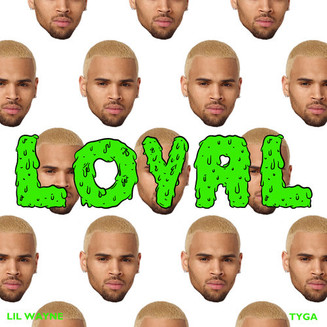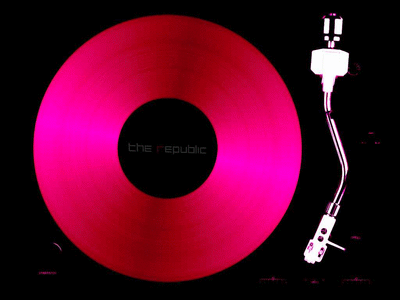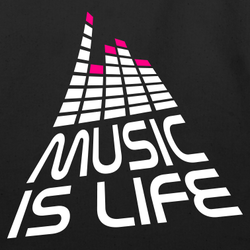 "Hoes Ain't Loyal" is R&B?
"Hoes Ain't Loyal" is R&B? In November 2012, I did a “Rock&Rant” marking my observation that the genre of R&B as we knew it had fallen into a dangerous, uninspired extinction ozone, merely hinting at potential causes. I left the article open because I wanted to hear everyone else’s thoughts, but after reading “Why Has R&B Become So Misogynistic?” by Vibe’s Michael Arceneaux and listening to the R&B farce that was Trey Songz’s new album, Trigga (see my review here), I’m ready to name the culprit: hip-hop. Hip-hop music (inadvertently) killed R&B.
In the late 1990’s and early 2000’s, hip-hop was establishing itself as the pop music of America and began to leave its mark with other genres. Even country music had to get a taste (ex. Trace Adkins “Honky Tonk Badonkadonk”). Once hip-hop emerged (originating in the 1980’s), it wasn’t long before R&B was synonymous with it, mainly because of color-coding and racism. In spite of this, R&B long maintained its own distinction, but on the way to Oz, it got lost. Other genres that trendily attached hip-hop sustained their genesis and foundation, but mainstream R&B eventually allowed theirs to nearly collapse. These days, you almost can’t tell the difference between an R&B and hip-hop hit: every other song has a rap verse and, increasingly, the harder-driven rhythms, abrasive language and content, misogyny and incensed detachment often heard in hip-hop are becoming common threads in R&B; a genre once characterized by seductively smooth, bluesy and soulful sensuality. The shift I’m describing is lucidly exemplified on the aforementioned Trey Songz record. By the end of it, I yelled “This is not R&B!!” The definitive “I love you more than life itself,” “haven’t been able to sleep since you left” and “close the door and let’s revel in our passion” statements were replaced with “These hoes going to do what they want…F*** them all the time, but you know I never wife them…I swear these hoes trifling (that’s not an affronting double standard at all),” “If you ain’t the type of b**** talking about relationships, hit me up on that late night s***,” “All we do is f***, drink and sleep” and violent sexual analogies. I thought R&B was supposed to be enticing. I thought R&B was the home of baby-makers, begging pleas, broken moments and wedding playlist jams.
R&B has died and its fan support is wavering because it has isolated its audience and forfeited its personality, charm and quality and become a watered down sub-genus of hip-hop. It’s unrecognizable. It doesn’t know what it is anymore. How can you speak when you have no voice? Some might argue that like any other genre, R&B has various stylistic periods and this is just another phase. The concerning difference, however, is that this phase has too much likeness to an already existing base. Strip it down and the only thing that makes it R&B is that it’s sung. As a fan, it bothers (and surprises) me that I can’t get through even a Kelly Rowland album without hearing multiple expletives, and it’s not even from a featured rapper! Charting top 5 songs have f*** right in the chorus. The sexual representations are tacky, impulsive and lack craft and wit. Sex is now a means to an individually hedonistic end. Further signifying the identity crisis is that even the modern break-offs are fairly bereft of R&B. The burgeoning “Alternative R&B” (AKA PBR&B and Futuristic R&B; ex. Frank Ocean) has thoughtful and tender lyrics, but no musical traits of “rhythm and blues,” and computerized and electronic effects. It’s arguably only branded as R&B because the artists are predominately black, which goes back to color-coding.
Don’t get me wrong, hip-hop has its value and I’m all for genre-mixing: it brings communities together and exposes people to styles they may not have listened to before. This outcome is most likely to occur though when there’s a balance and each side stays true to its defining basis. These “Hoes Ain’t Loyal.”


 RSS Feed
RSS Feed